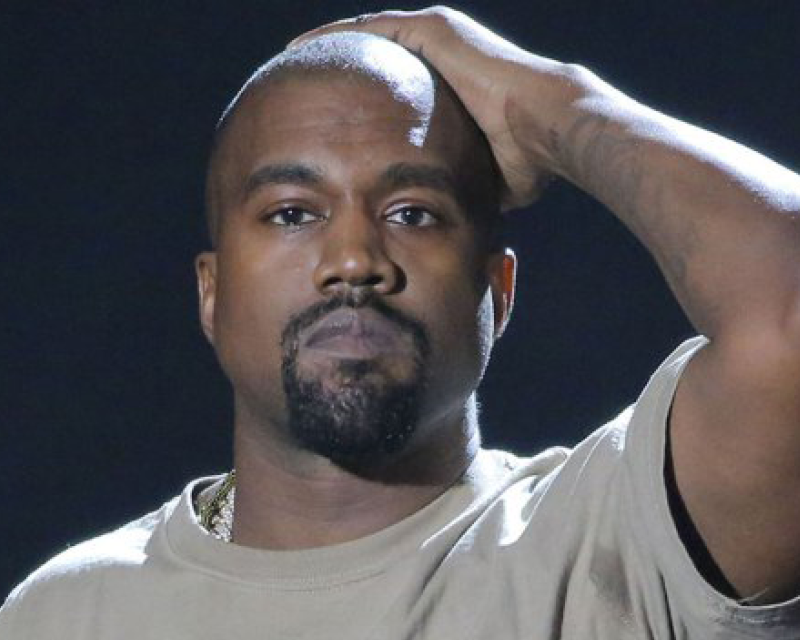A responsible public figure with a large international audience must consistently be mindful of the weight behind his or her words, whether they be simple satirical remarks or elaborate political allegations. Then there is Kanye West: a notorious African American rapper and icon of controversy who bluntly speaks his mind, regardless of how the public is influenced by his propaganda. Not only does West’s insensitive commentary aggravate existing scars, but they also in inflict new wounds by manipulating the power granted by his popularity and inviting the public to agree with his position.
On May 1, the media was completely taken aback during West’s live TMZ interview where he insisted that “slavery [was] a choice.” He concurred that while it was not African Americans’ decision to be chained initially, it was their misguided mentality that kept them enslaved in the following 400 hundred years of history. Albeit honest, West’s parochial claim is quick to dismiss the fact that slavery and de jure racial discrimination have existed merely decades ago; only a few generations past were the very victims of slavery, making every African American all the more relevant–including West himself. As prejudice by the color of one’s skin, to this day, still has not been entirely demolished, remnants, such as white supremacy or police racism, are pertinent issues that continue to socially marginalize blacks. Though it may have been tongue-in-cheek, West’s words were inconsiderate of the lasting scars from slavery, as well as taking granted the years of effort before him that allowed West to be at such a superior social standing today.
On top of that, West has also been associating himself with other contentious figures. The rapper publicly showed respect for President Donald Trump, who failed to take initiative in condemning the Unite the Right rally in Charlottesville, Virginia last May. The riot included white supremacists, neo-Nazis, Klansmen and others who endorsed racist and anti-Semitic values. Yet, President Trump did not directly address white supremacy, and even defended those who joined the rally, for he believed there were “very fine people on both sides.” West addressed him as “brother” with “dragon energy” who is “one of rap’s favorite people.”
Due to a complicated combination of Kanye’s music and social views, the public’s perception of him is greatly divided. Some throw rocks at West, while others call him a “god of his time.” His global audience automatically separates their opinions on his music and his persona, for the people who reprimand his actions are the same people who buy his albums and enjoy his music.
As a widely known and respected figure, West’s words can send an impactful message to his audience, regardless of their legitimacy. Even if West merely used contentious statements to garner fame, the message he gives to the public is one that embraces a painful history that enforces social marginalization of minorities. More importantly, it can shift the views of thousands with a offensive and manipulative perspective. Words do not solely belong to the speaker and it is the responsibility of the speaker to be mindful of the influence that he or she has over the audience.

